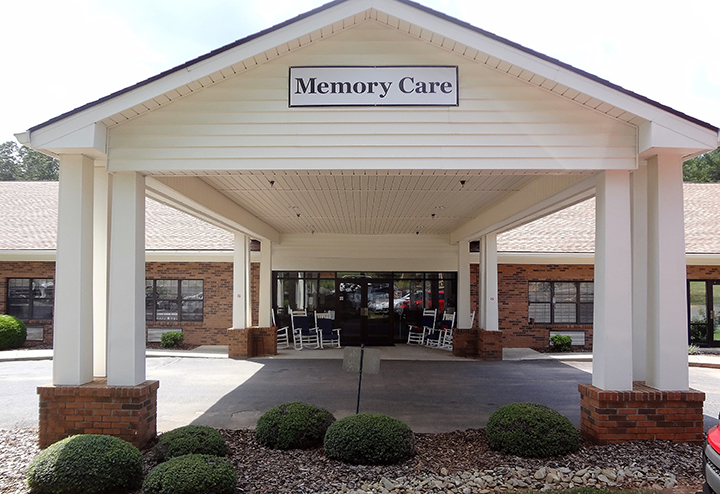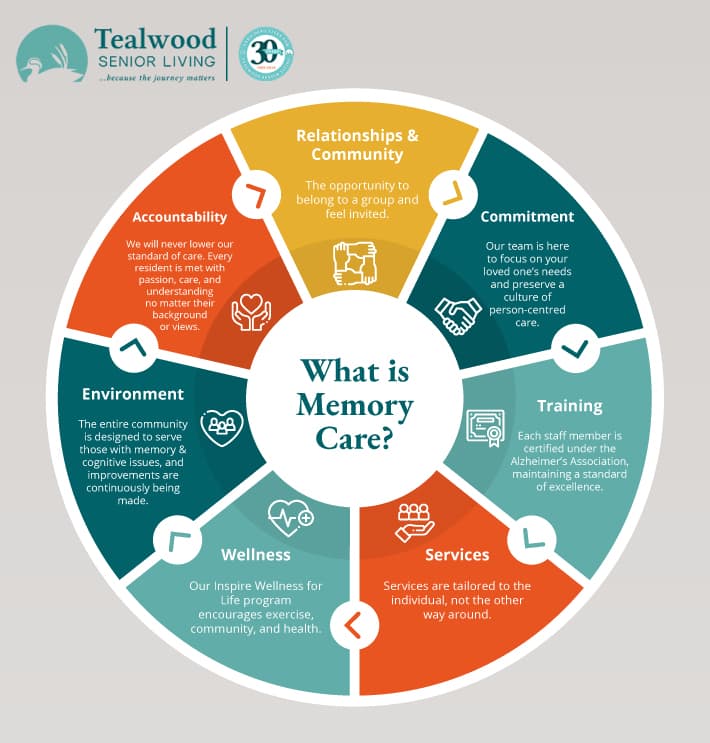Producing a Safe and Supportive Atmosphere for Alzheimer's Care
The production of a safe and encouraging setting for individuals with Alzheimer's is extremely important in enhancing their quality of life. Discovering these complex approaches can disclose vital insights into reliable caregiving techniques that might transform the daily experiences of both caretakers and clients.
Recognizing Alzheimer's Needs
Regularly, individuals with Alzheimer's condition show a variety of demands that need tailored approaches to care. As the problem advances, cognitive decrease manifests in various means, influencing memory, reasoning, and even the ability to perform everyday activities. Caregivers have to identify these developing demands to supply appropriate support and make certain a greater quality of life for those impacted.
One crucial aspect of understanding Alzheimer's demands is identifying the significance of regular and knowledge. People frequently discover convenience in established patterns, which can minimize anxiousness and complication. Caretakers ought to make every effort to develop structured everyday schedules that integrate meaningful tasks lined up with the person's capabilities and rate of interests.
In addition, efficient communication is paramount. People with Alzheimer's may have a hard time to express themselves or comprehend complex language. Caretakers must utilize easy, clear language, use non-verbal hints, and technique active listening to foster understanding and connection.
Lastly, psychological and social demands can not be ignored. Providing chances for social communication and maintaining partnerships can substantially enhance emotional health. Caregivers need to encourage engagement in area activities or household celebrations, advertising a sense of belonging and function. Recognizing these varied demands is crucial for developing an encouraging treatment setting.
Designing a Safe Home
Developing a safe home for people with Alzheimer's disease is important to lessening dangers and promoting freedom. Guarantee that paths are clear and well-lit, as proper lighting decreases disorientation and improves movement.
Integrating adaptive attributes is likewise critical. Install grab bars in restrooms and near stairways, and consider making use of non-slip mats in damp locations. In addition, utilizing contrasting shades for floorings and walls can aid in identifying areas, helping to reduce complication.
Familiarity is necessary for people with Alzheimer's. Personalizing the environment with acquainted objects and photographs can reinforce a feeling of belonging and security - Alzheimers Care Charlotte. It is additionally valuable to have a marked location for everyday tasks, such as analysis or crafting, which can provide framework to their day
Lastly, implementing a protected outdoor room allows for safe expedition while getting in touch with nature. By attentively creating the home setting, caregivers can substantially boost the lifestyle for individuals living with Alzheimer's illness.
Enhancing Communication Skills

Non-verbal interaction, including faces, gestures, and touch, plays a crucial function in conveying compassion and understanding. Preserving eye get in touch with and a tranquil behavior can boost the comfort degree of the person, advertising a sense of security.
In addition, it is necessary look what i found to exercise energetic listening. This involves being totally present, revealing perseverance, and enabling the person to reveal themselves without disturbance. Rep may be required; caretakers must be prepared to revisit inquiries or subjects, as people with Alzheimer's may battle with memory recall.
Additionally, making use of aesthetic aids or signs, such as pictures or familiar things, can assist in recognition and engagement. Eventually, improving interaction abilities is regarding building trust and creating a setting where individuals really feel heard, valued, and recognized, thereby enriching their high quality of life.
Encouraging Social Communication
Cultivating purposeful social interactions can substantially improve the wellness of people with Alzheimer's condition. Involving with others not only helps combat feelings of isolation yet also stimulates cognitive function and emotional health. Structured social tasks, such as group video games, arts and crafts, or songs therapy, develop chances for homeowners to link with peers and caretakers, which can lead to improved mood and reduced anxiousness.
Producing a welcoming atmosphere that encourages socialization is crucial. This can be accomplished by arranging communal spaces that facilitate interaction, such as comfortable seating locations or task areas. In addition, incorporating acquainted and culturally appropriate activities can spark memories and encourage participation, permitting individuals with Alzheimer's to really feel more connected to their previous experiences.
Furthermore, caregivers should be trained to recognize and promote social engagement amongst citizens. By focusing on social interaction, we can substantially enrich the lives of those living with Alzheimer's, fostering a sense of community and belonging.
Supporting Caregiver Well-being

To sustain caregivers, organizations must offer routine training and academic sources to improve their understanding of Alzheimer's condition and caregiving techniques. Offering access to respite care services allows caretakers to take needed breaks, decreasing stress and fatigue - Alzheimers Care Charlotte. In addition, cultivating a neighborhood via assistance teams can facilitate psychological sharing and the exchange of useful advice among caretakers, creating a network of mutual support
Mental health and wellness sources, such as therapy services, can additionally be essential in attending to the emotional toll caregiving can take. By prioritizing caregiver wellness, we create a more sustainable caregiving environment that not only benefits the caregivers themselves yet also improves the total top quality of treatment obtained by individuals with Alzheimer's. Ultimately, supporting caretakers is a crucial component in promoting a caring and efficient care setting.
Verdict
In final thought, the production of a helpful and safe environment for people with Alzheimer's is vital to boosting their lifestyle. By focusing on safety and security via thoughtful style, cultivating he said psychological well-being with acquainted aspects, and advertising engagement via structured regimens, caregivers can dramatically influence the general experience of those impacted by this problem. Sustaining caretaker well-being is vital, as it inevitably adds to an extra caring and efficient care atmosphere.
Rep might be needed; caregivers ought to be prepared to review questions or subjects, as people with Alzheimer's might battle reference with memory recall.

 Brian Bonsall Then & Now!
Brian Bonsall Then & Now! Patrick Renna Then & Now!
Patrick Renna Then & Now! Tina Majorino Then & Now!
Tina Majorino Then & Now! Samantha Fox Then & Now!
Samantha Fox Then & Now! Megyn Kelly Then & Now!
Megyn Kelly Then & Now!